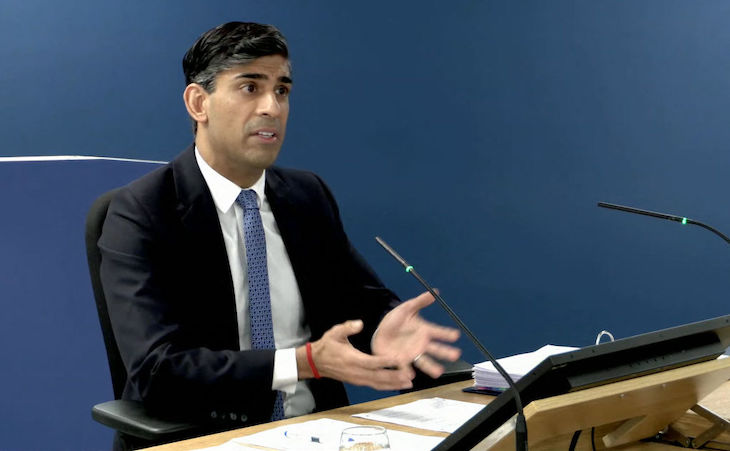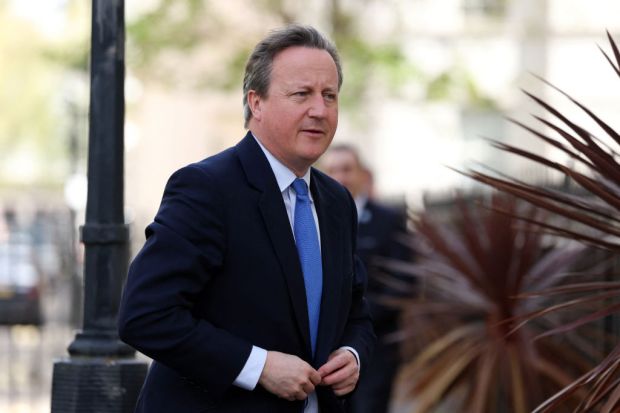In the dying days of Rishi Sunak’s leadership campaign, he gave an interview to The Spectator about lockdown which he was grilled on today at the Covid Inquiry. At the time he was speaking candidly: it was clear that Liz Truss would win the Tory leadership contest. Now, he is Prime Minister and has to defend the record of the Conservative government, including decisions he argued against.
Already a subscriber? Log in
Subscribe for just $2 a week
Try a month of The Spectator Australia absolutely free and without commitment. Not only that but – if you choose to continue – you’ll pay just $2 a week for your first year.
- Unlimited access to spectator.com.au and app
- The weekly edition on the Spectator Australia app
- Spectator podcasts and newsletters
- Full access to spectator.co.uk
Or





















Comments
Don't miss out
Join the conversation with other Spectator Australia readers. Subscribe to leave a comment.
SUBSCRIBEAlready a subscriber? Log in